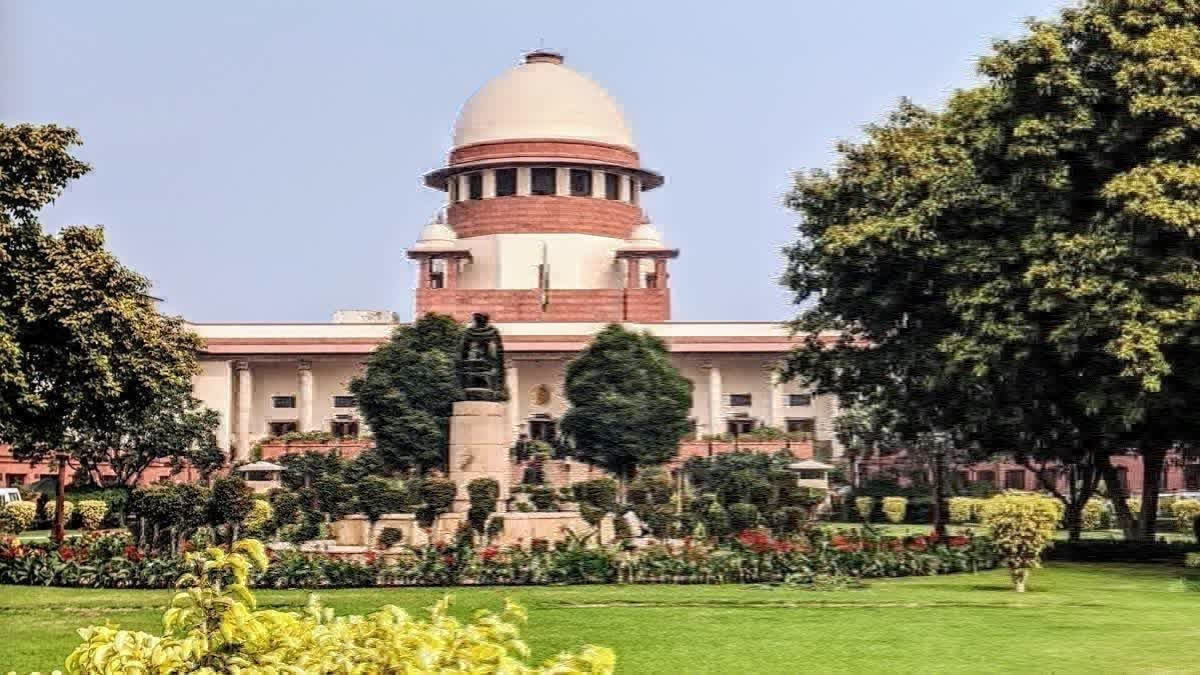New Delhi:In a nearly 40-year-old murder case, the Supreme Court on Wednesday acquitted all the seven accused persons saying that the motive in the present matter, a property-related dispute, could operate both ways and, in a hypothetical sense, both sides could benefit from implicating the other.
A bench comprising Justices Bela M Trivedi and Satish Chandra Sharma said: "As regards motive, we may suffice to say that motive has a bearing only when the evidence on record is sufficient to prove the ingredients of the offences under consideration. Without the proof of foundational facts, the case of the prosecution cannot succeed on the presence of motive alone. Moreover, the motive in the present matter could operate both ways."
The bench said the accused persons and the eyewitnesses belong to the same family and the presence of a property-related dispute is evident and, in a hypothetical sense, both sides could benefit from implicating the other. "In such circumstances, placing reliance upon motive alone could be a double-edged sword. We say no more," said Justice Sharma, who authored the judgment on behalf of the bench.
Justice Sharma said the prosecution has failed to discharge its burden to prove the case beyond a reasonable doubt, and the reasonable doubts are irreconcilable and strike at the foundation of the prosecution's case. "Thus, the appellants are liable to be acquitted of all the charges," he said.
The bench said: "We may briefly note and reiterate that the offence of murder is entirely dependent on circumstantial evidence. Although, the post-mortem report indicates that the death of the deceased was unnatural and the commission of murder cannot be ruled out."
However, the bench said there is no direct evidence on record to prove the commission of murder by the accused persons and the link of causation between the accused persons and the alleged offence is conspicuously missing.
The bench said the circumstantial evidence emanating from the facts surrounding the offence of abduction, such as the testimonies of eyewitnesses, has failed to meet the test of proof and cannot be termed as proved in the eyes of law.
"It is trite law that in a case based on circumstantial evidence, the chain of evidence must be complete and must give out an inescapable conclusion of guilt. In the present case, the prosecution case is far from meeting that standard," said Justice Sharma.
